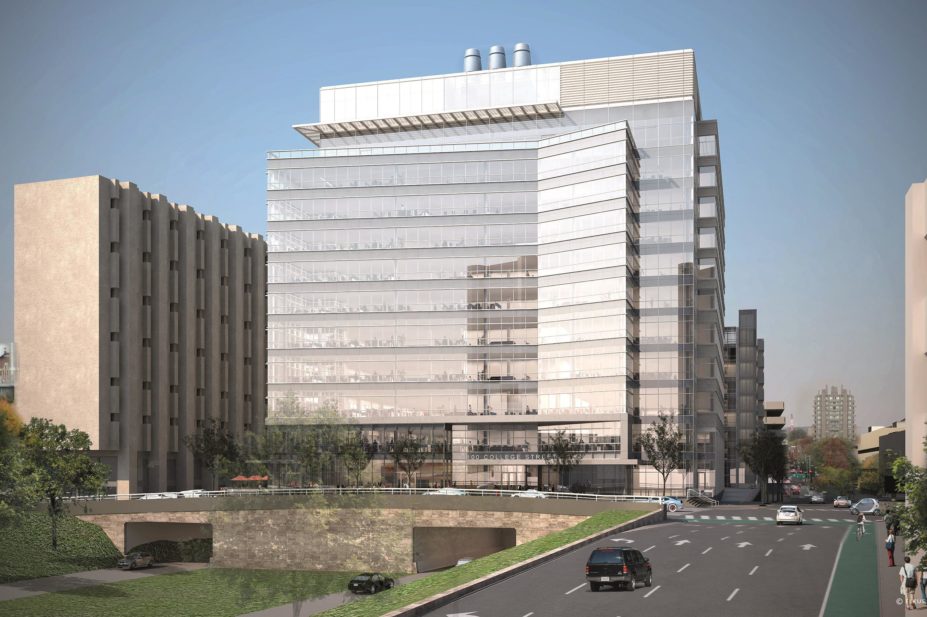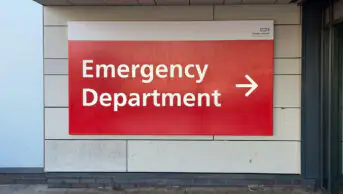
Alexion
The National Institute for Health and Care Excellence (NICE) has paved the way for making the most expensive drug in the world available on the NHS. Eculizumab (Alexion’s Soliris) is a therapy for aHUS, a very rare blood condition that causes kidney failure.
aHUS (atypical haemolytic uremic syndrome) is believed to affect 170 adults in England. It has a poor prognosis and significantly impairs quality of life. Eculizumab has an annual cost of around £340,000 per patient in the first year and around £330,000 thereafter. If all 170 patients receive the drug, it will cost £57.8m in the first year, NICE estimates.
The decision to recommend funding the drug was made under the NICE Highly Specialised Technologies (HST) programme, which evaluates treatments for very rare conditions and considers the impact of the disease on patients and on carers.
The HST evaluation committee estimates that eculizumab would give sufferers an additional 10.14 quality-adjusted life years (QALYs) compared with standard care: “a substantial gain of a magnitude that is rarely seen for any new drug treatment,” according to the committee.
Andrew Dillon, NICE’s chief executive, described the drug as a “significant breakthrough” in the management of the disease. “The drug offers people with the disease the possibility of avoiding end-stage renal failure, dialysis and kidney transplantation, as well as other organ damage,” he said.
NICE’s decision is subject to certain conditions, such as the establishment of an expert centre to coordinate treatment and development of systems to monitor patients treated with the drug. It recommends that NHS England and the drug manufacturer should consider opportunities for reducing the cost of eculizumab to the NHS. The guidance is open for public consultation until 25 September 2014 and a final decision is expected on 9 October 2014.


